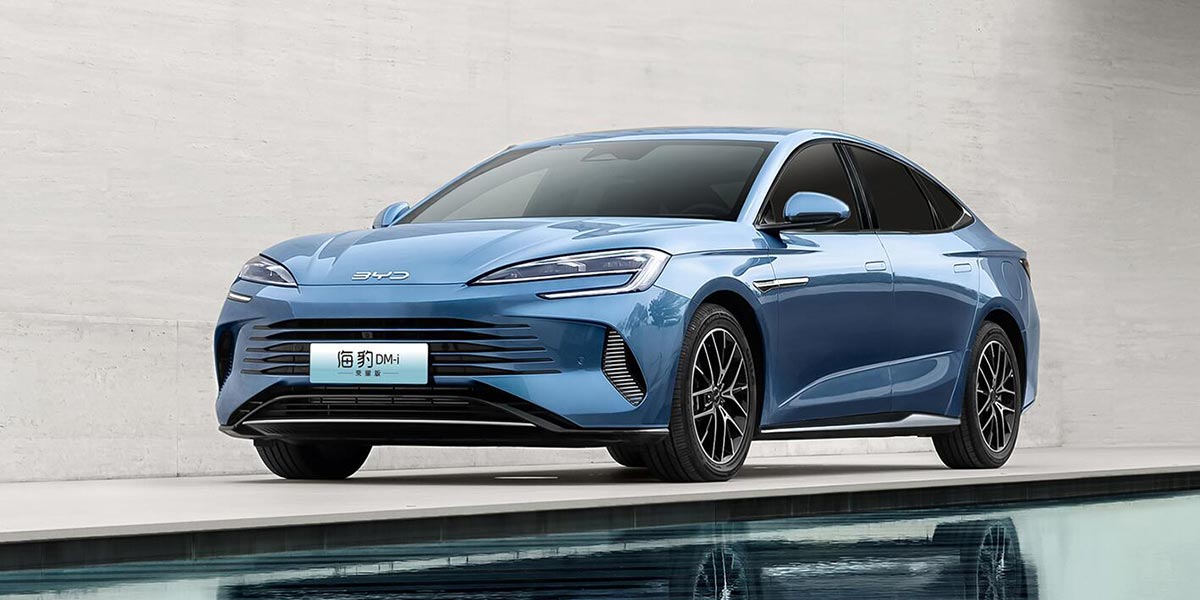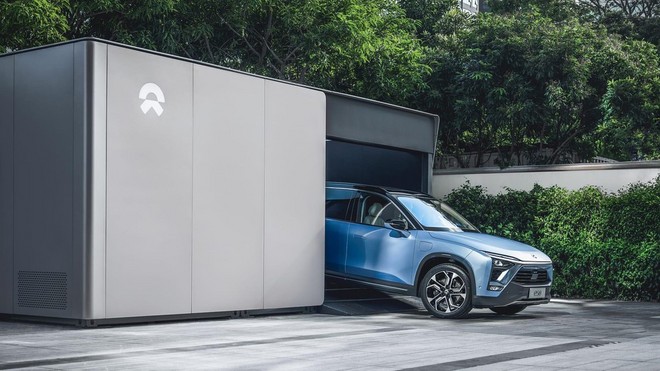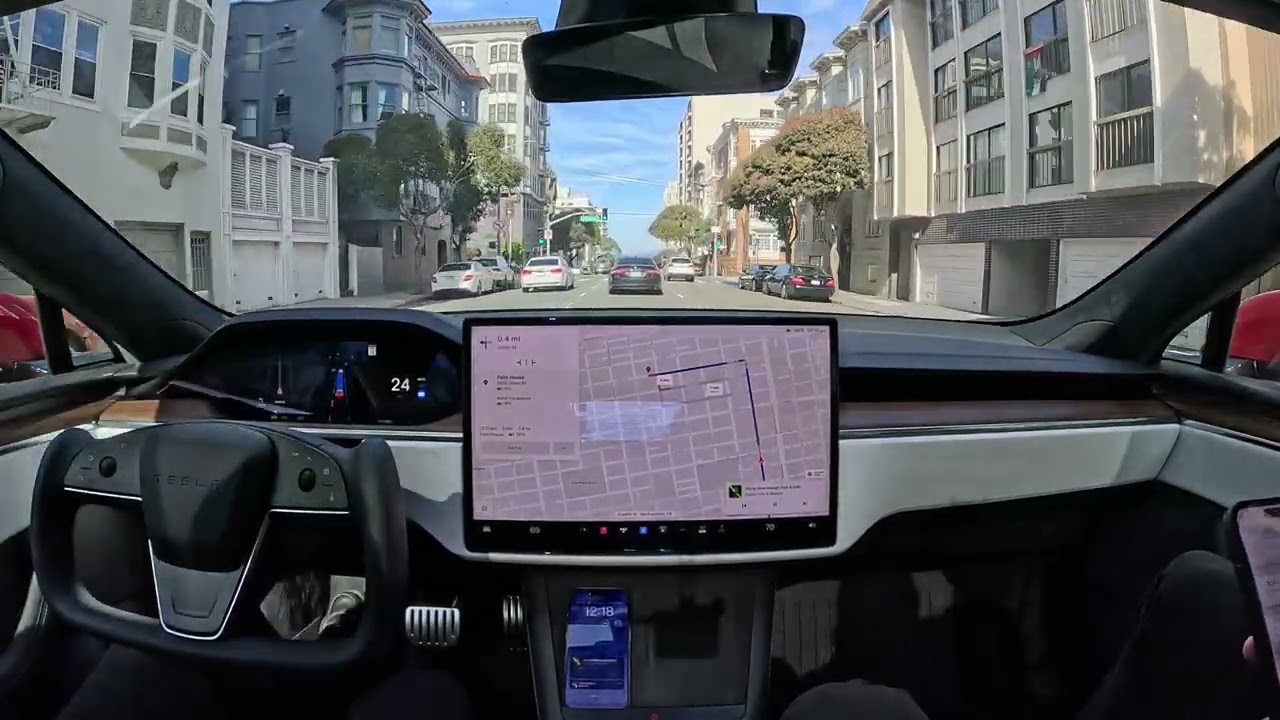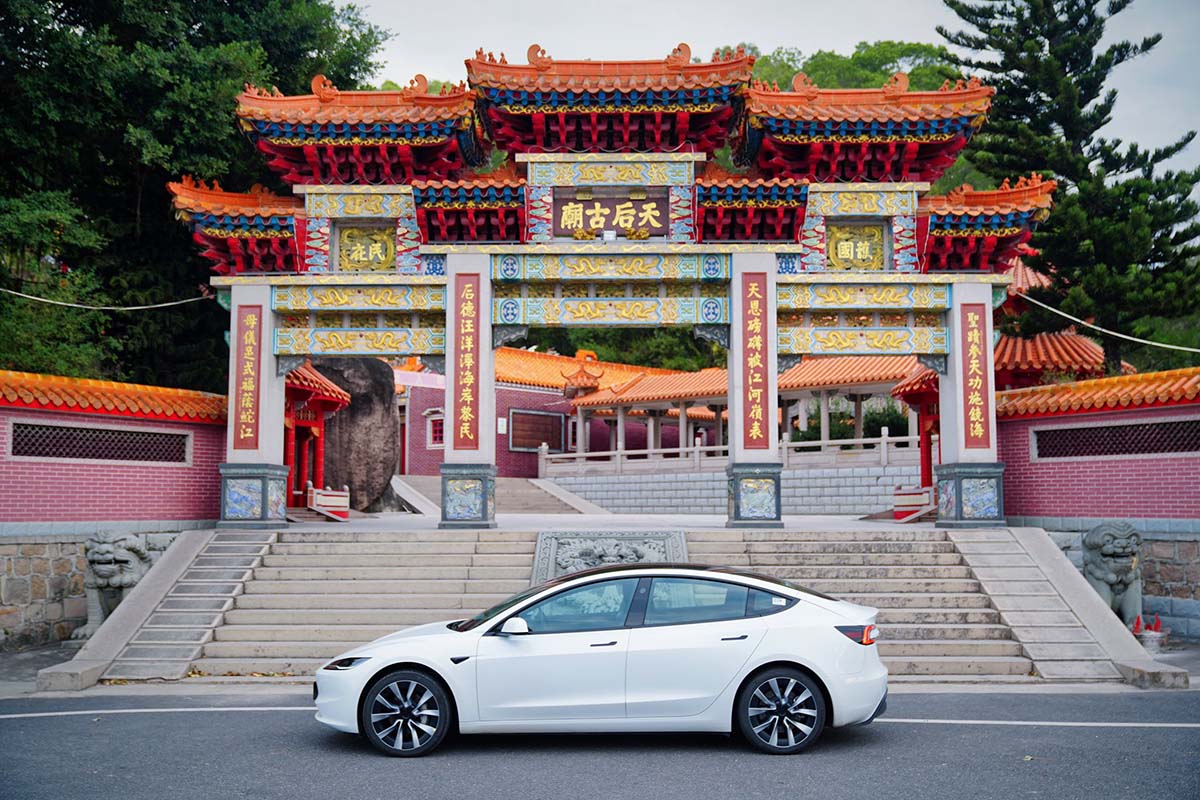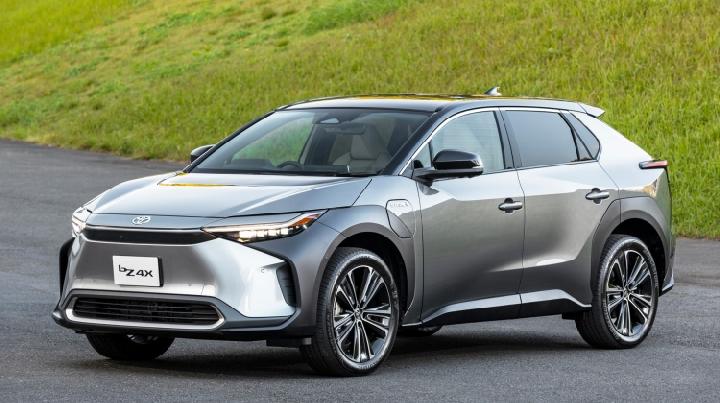The U.S. Department of Commerce intends to issue proposed rules this autumn regarding Chinese connected vehicles, citing national security risks to Americans’ data. Commerce Secretary Gina Raimondo emphasized the seriousness of these risks, noting that connected cars have onboard integrated network hardware that allows internet access, potentially sharing sensitive data with entities both inside and outside the vehicle.
Raimondo stated, “The national security risks are quite significant… We decided to take action because this is really serious stuff.” She highlighted that Chinese-made cars, with software controlled from Beijing, could collect data on drivers’ whereabouts, driving patterns, and even conversations within the vehicle, posing potential risks to U.S. persons.
The U.S. administration launched a probe in February to investigate whether Chinese vehicle imports pose national security risks, particularly as connected vehicles collect large amounts of sensitive data on their drivers and passengers.
The Chinese foreign ministry has urged the U.S. to respect market economy laws and fair competition principles, arguing that Chinese cars’ global popularity stems from technological innovation and market competition, not unfair practices.
Raimondo compared the threat of Chinese connected vehicles to the concerns raised by TikTok, indicating that potential catastrophic outcomes could arise if the software were disabled in millions of cars on the road.
While there are relatively few imports of Chinese-made light-duty vehicles in the U.S., the Biden administration announced plans to quadruple tariffs on Chinese-made vehicles and impose new tariffs on EV batteries, parts, and critical minerals. There is also pressure to restrict Chinese electric vehicle imports from Mexico.
Raimondo declined to comment on the specifics of the upcoming rules but expressed determination to prevent Chinese automakers from using Mexico to circumvent new U.S. tariffs. She emphasized the need to track reports of Chinese automakers planning to assemble vehicles in Mexico to ensure compliance with U.S. trade measures.


